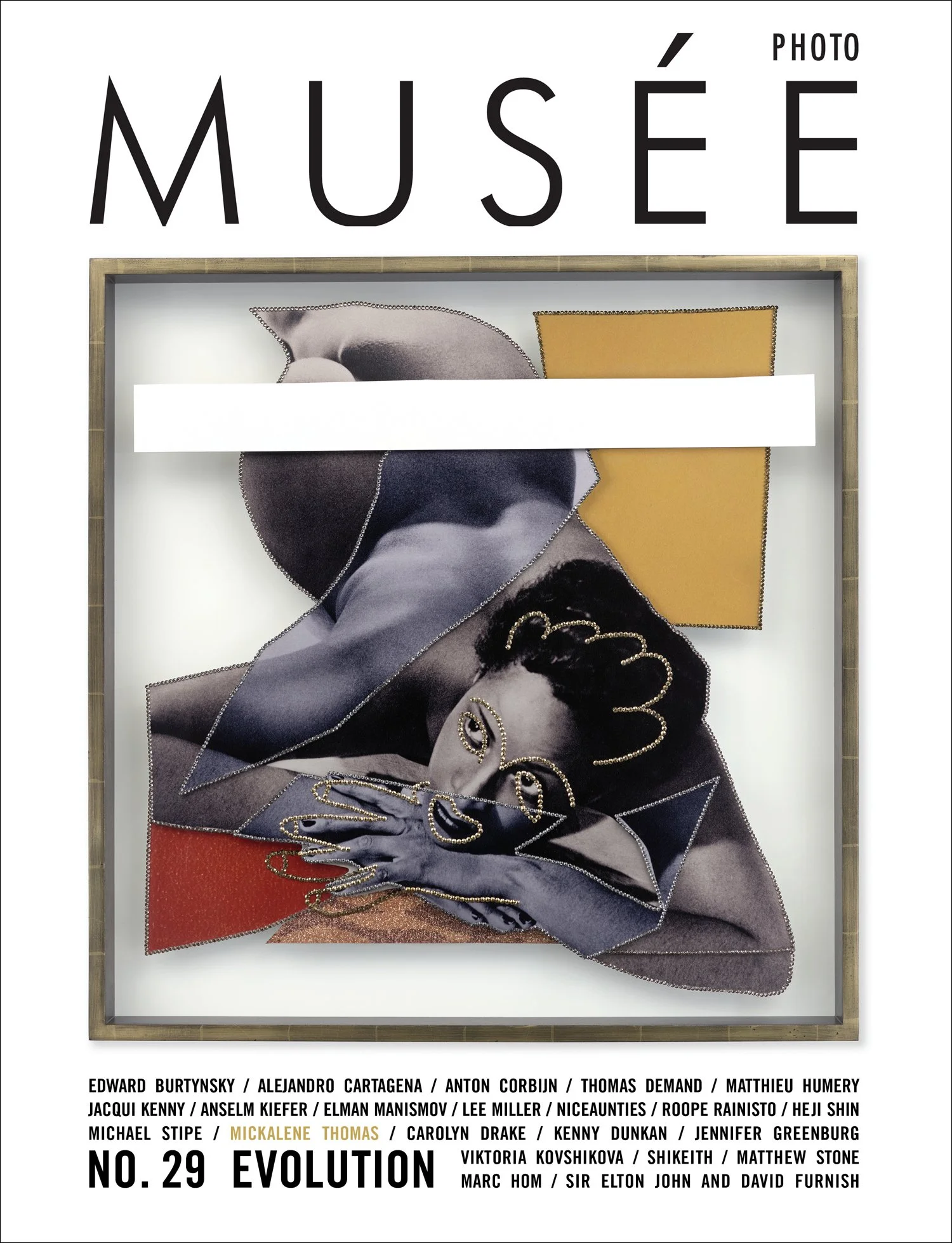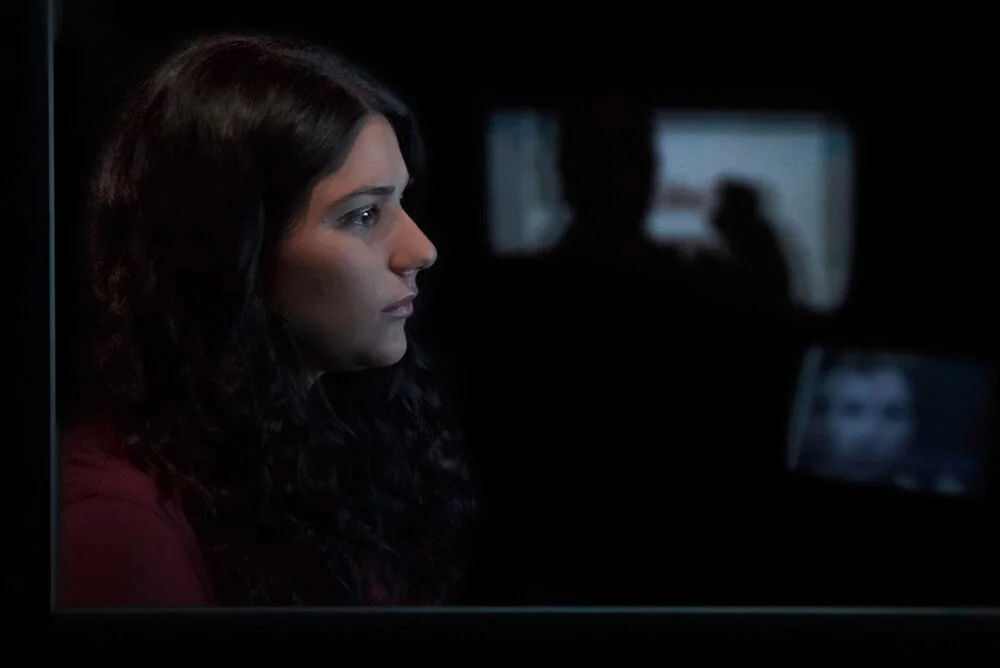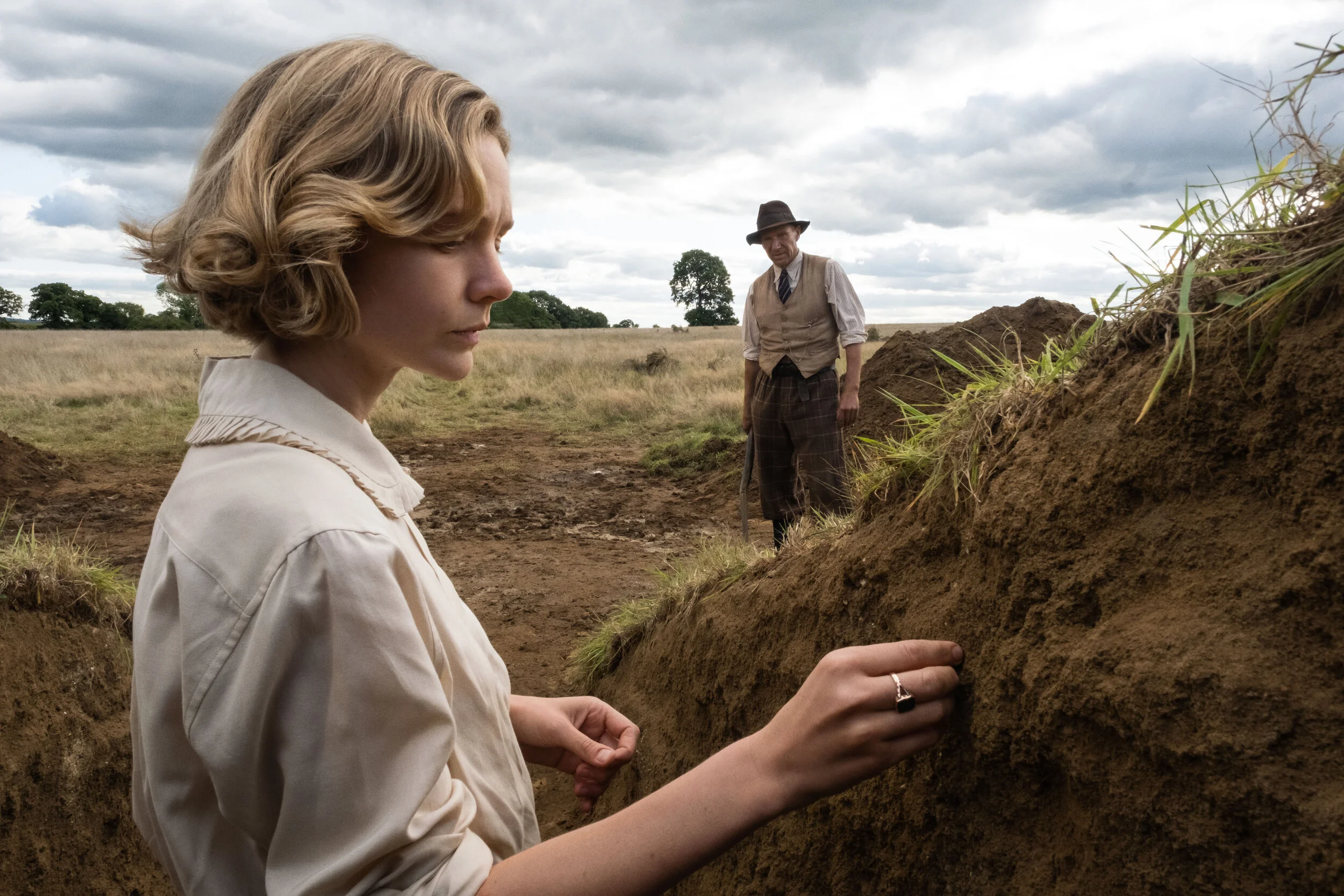Film Review: The Viewing Booth
Maia Levy in The Viewing Booth, directed by Ra’anan Alexandrowicz. Courtesy of Atzmor Productions.
THE VIEWING BOOTH (2021) DIR. RA’ANAN ALEXANDROWICZ
Written by Belle McIntyre
The philosophical premise of this work was suggested by a question posed by Virginia Woolf regarding the Spanish Civil War which was the first time a war was covered extensively with live footage. When asked if it might prevent future wars, she wondered: “whether when we look at the same photographs, we feel the same things.” She then posited that it would be instructive to define “we”. This opens up a huge area of inquiry which is thoroughly valid. This director, however has chosen to narrow his focus by observing seven American college students as they watch a curated selection of short videos of the war in Israel from two opposite points of view.
The Viewing Booth director Ra’anan Alexandrowicz. Photo credit: Zachary Reese.
Half of them come from B’Tzelem, a human rights organization recording events among the Palestinians. The others are from a pro-Israel point of view. Needless to say, there are many disturbing images and the individual viewers are filmed as they watch. The viewers can stop and re-wind and ask questions during the screening. The main viewer is Maia, a pro-Israel Jewish student whose bias is evident from the start. She defensively, remarks on occasion, “that does not look very good for Israel”. She frequently questions the veracity of some of the films, expressing skepticism about the authenticity of the scenes, the circumstances surrounding the incidents. She correctly notes that context would make for a more informed interpretation. She expresses empathy for the Palestinian children, and searches for details which might mitigate the excessive brutality of the Israeli soldiers. She is clearly looking for things which support her beliefs. In the words of Anaïs Nin: “We don’t see things as they are. We see them as we are”.
In this time of information overload and polarized politics, it is often impossible to sort out the disparities and the questions are important to ask and to explore motivations, context, agendas and propaganda. It is a thoughtful and provocative interrogation which asks more questions than it answers. Maybe his next film will go further and deeper.







